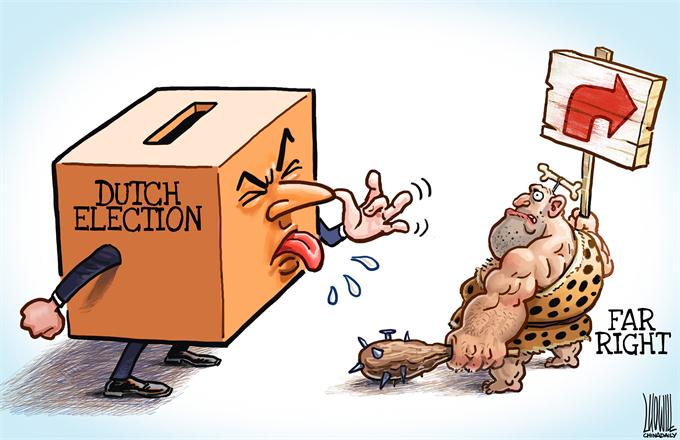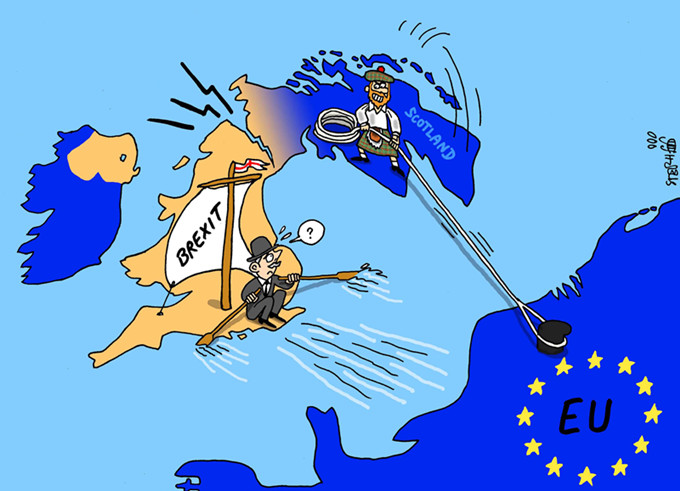No first use of nuclear weapons
In addition, former president Hu Jintao reaffirmed the policy of no first use at the nuclear security summit in Seoul in March last year. It has been reiterated in all necessary policy documents and official statements since. There is no sign that China has changed or is going to change a policy it has wisely adopted and persistently upheld for half a century.
However, speculation about a possible change to the policy of no first use has not emerged without reason. Calls for a change to the policy pledge are repeatedly heard in the Chinese media, including social media such as micro blogs, these stem from two basic understandings:
First, in the likelihood of confrontation, the ballistic missile defense systems that the United States and its allies have deployed, or are planning to deploy, would be capable of intercepting retaliatory Chinese nuclear weapons launched after it has already been attacked, thus potentially negating the effectiveness of China's nuclear arsenal as a deterrent.
Second, the US is developing its conventional strategic strike capabilities. Once deployed, they could have the capability to strike China's nuclear arsenal in the case of conflict and make redundant China's policy of no first use.
So far, no nuclear states have made it official policy to strike with strategic conventional capabilities against the nuclear weapons of another state, although such capabilities are being developed for the declared purpose of neutralizing the capabilities of nuclear proliferators. So the Cold War position of only using nuclear weapons against nuclear weapons still seems valid.
However, the 2013 National Defense Authorization Act, which was signed into law by US President Barack Obama on Jan 2, requests a report from the Commander of US Strategic Command by Aug 15 on alleged Chinese underground tunnel networks and to review the US capability to neutralize such networks with "conventional and nuclear forces". It seems to imply that a conventional strike against Chinese nuclear weapon systems is an option.
For nearly half a century, China's pledge of no first use has served as the cornerstone of its policy on nuclear weapons. China and the rest of the world should uphold the policy of no first use, rather than discredit such a commitment.
A constructive approach would be to ensure the policy through nuclear policy dialogues, establishing a multilateral agreement on no first use among all the nuclear weapon states, and to consider limiting or even prohibiting the use of nuclear weapons in a legally binding international agreement.
The author is director of the China-America Defense Relations at the Academy of Military Science. www.chinausfocus.com
(China Daily 04/25/2013 page8)





















